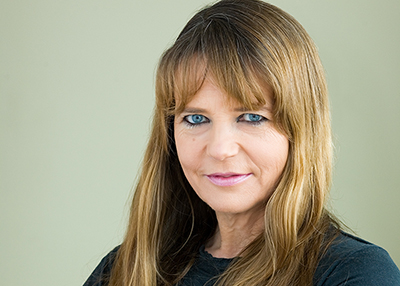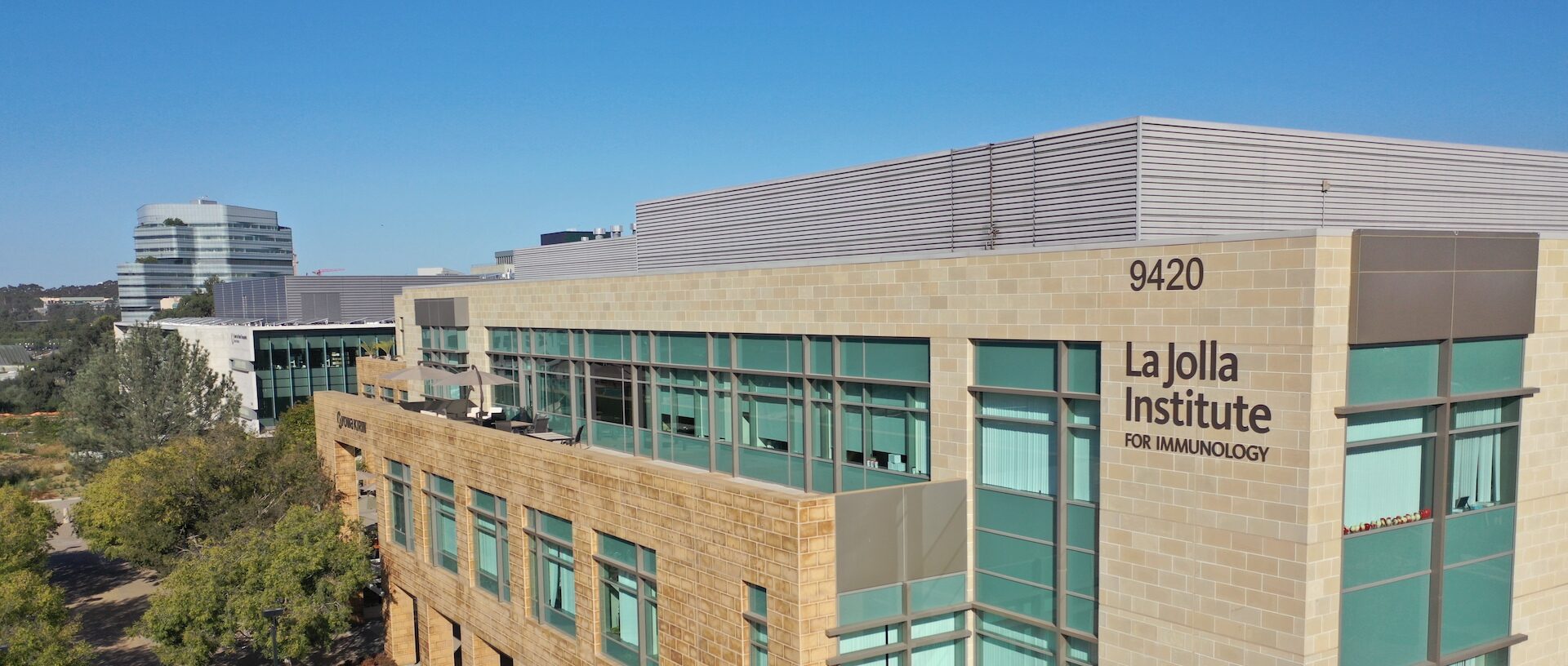LA JOLLA, CA—Hilde Cheroutre, Ph.D., Professor and Division Head and Mitchell Kronenberg, Ph.D., President and Chief Scientific Officer, have been independently selected to join the Mucosal Immunology Studies Team (MIST). MIST is a cooperative research group funded by the National Institute of Allergy and Infectious Disease (NIAID) that brings together 11 of the Nation’s most innovative immunologists to break new ground in the understanding of mucosal immunity. In addition to the awards to their labs, Drs. Cheroutre and Kronenberg will serve with the nine other awardees on a Steering Committee that will direct additional funds to especially promising and innovative projects.
“Having not one but two teams from La Jolla Institute chosen to participate in MIST as a result of a highly competitive application process validates our top international standing among immunology research institutes and forward-looking approach to research,” says Professor and Scientific Director Amnon Altman, Ph.D. “Hilde and Mitch have never been afraid to question prevailing dogma and as a result have made many pioneering contributions that shaped the study of mucosal immunity.”
The two participating LJI labs will receive a total of more than $5 million over five years to study immune defense mechanisms at the body’s largest “interface” with the outside world, the intestines. In addition to forming a physical barrier separating us from many billions of resident microbes, known as the microbiome, the mucosal epithelium lining the intestine also carries out vital digestive functions. Therefore, any tissue damage induced by invading pathogens or excessive inflammation can jeopardize the integrity of this critical border and spread devastating infection.

“In a healthy adult, the local immune system in the gut contributes almost 80% of all immune cells in the body but still very little is known how the mucosal immune system balances the dueling requirements of defending against pathogens while avoiding responses to beneficial components of the microbiome as well as collateral damage to the gastrointestinal system,” says Kronenberg, who employs animal models to study the role of a membrane protein called HVEM for the survival of resident T cells in the gut.
Preliminary experiments from his lab revealed that in the absence of HVEM, which normally resides on the surface of the intestinal mucosa, the number of T cells embedded in the intestinal lining goes down. This allows the number of a certain type of bacteria to go up, eventually causing a sharp increase in pro-inflammatory T cells. As part of the MIST project, Kronenberg and his team will define how HVEM helps balance the functions of the immune system and the microbiome while avoiding destructive inflammation.
Cheroutre and her team will address diseases of the gastrointestinal tract by studying T lymphocyte activity in the intestine. T cells can mature into either helper T cells, which modulate immune responses by other cells, or into cytotoxic T cells, which, as their name implies, actively kill infected cells or tumor cells. Helper T cells that migrate to the intestinal epithelium, however, can change their fate and morph into cytotoxic T cells. This process adapts T cells to the mucosal environment but any glitches during the reprogramming generate highly inflammatory T cells that cause severe tissue destruction.

“Although this adaptive process is very important, the mechanisms driving this fate change are largely unknown,” says Cheroutre, who will explore T cells’ plasticity on a molecular level. “Whether the gut microenvironment drives this identity change is an exciting question that remains unanswered but has far-reaching implications for inflammatory bowel diseases,” she says.
About La Jolla Institute
La Jolla Institute for Immunology is dedicated to understanding the intricacies and power of the immune system so that we may apply that knowledge to promote human health and prevent a wide range of diseases. Since its founding in 1988 as an independent, nonprofit research organization, the Institute has made numerous advances leading towards its goal: life without disease®.


